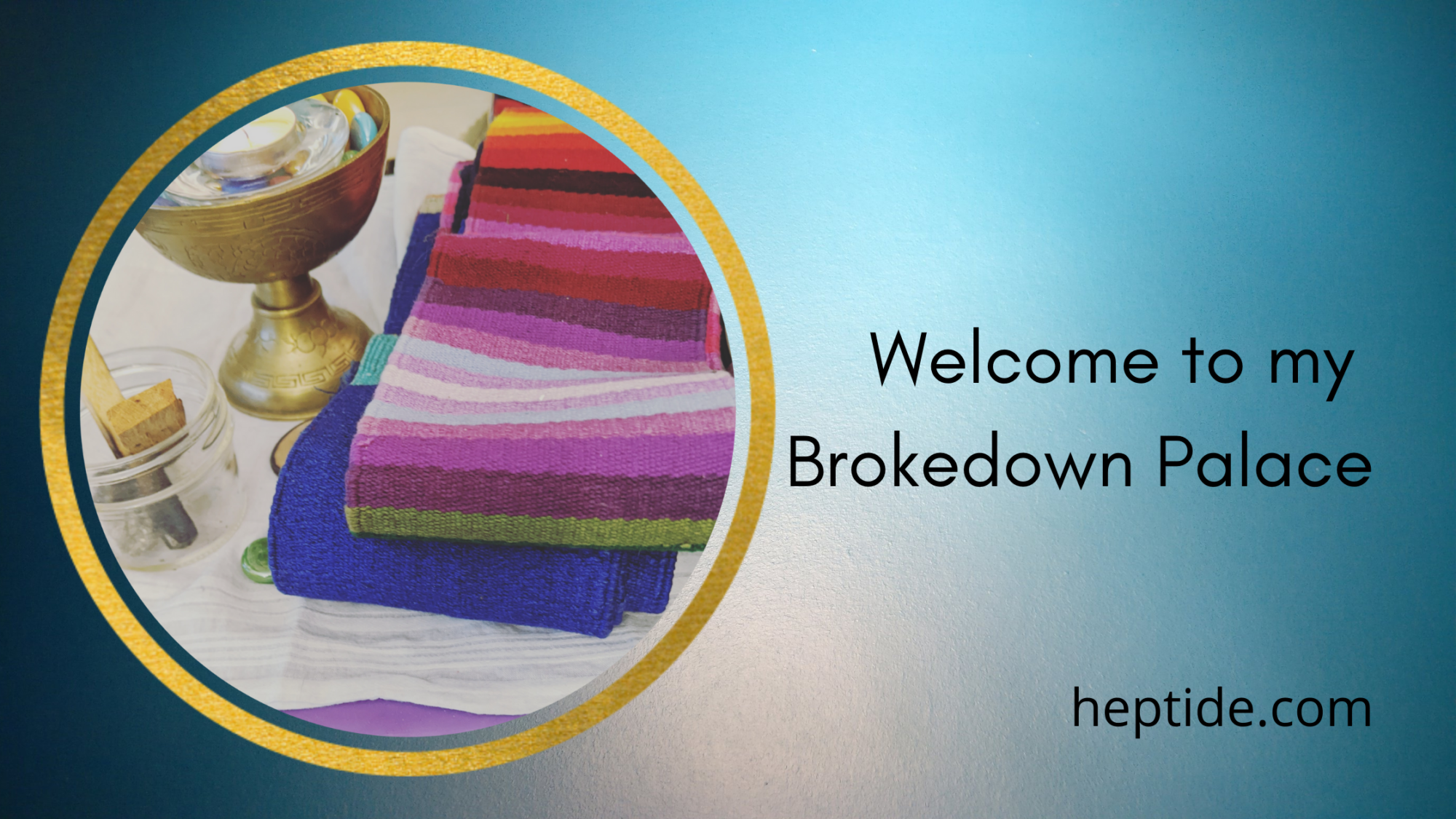Last week my family and I went to see the new Captain America movie. I had to admit going into the movie that Captain America had never been one of my favorite superheroes and the first movie didn’t really move me very much. For me, Captain America represented a kind of nationalism that made me uncomfortable. I saw only this idea that we could point to a place in our history and say, “Those were the good old days.” I can’t help but consider my frustration that nationalism, masquerading as patriotism, is causing more problems than it is fixing. Living in a part of the country that is often referred to as “real” or “the most patriotic” America, I met the movie at first with great trepidation. I had heard good things. However, if I couldn’t get a better ideal from being American than the one purported by those who historically defended slavery and segregation by religious means, I feared I would have to leave the theater. I was surprised by this movie and the feeling I had after the movie–adulation.
Growing up surrounded by stagnant conservatives, I was often berated for being un-American. I was considered many things, but patriot was not one of them. As a proponent of many “questionable” ideals, I found that I didn’t fit in with most of my friends. Even in my childhood we lived in a polarized United States. I grew up in that polarization, and it seems that our country’s polarization has gotten worse. I remember once as a young adult being asked, “If you don’t like living here, why don’t you leave?” I have always struggled with pejorative questions, and this one wasn’t any easier for me to answer. In the end, I had to realize that question (as it was presented) could not be answered. The fact was then and is now, I love living here. I love being an American. I think this country was founded on good principles. These principles, however, were bestowed upon us by human beings like me–imperfect.
As a child I was taught that, knowing their own imperfection, our founding forebears created the Constitution of the United States of America, and this Constitution was to be a living document that would grow and evolve as it needed to. I still believe that. It is for that reason I believe that I am a patriot.
I believe my friends often mistook my willingness to speak in opposition to the “American” perspective (met with my extremely uncritical attitude toward other countries) as betrayal. If I thought Europe was doing something better, I wasn’t American. If I thought we should look at an example from Japan, I was unpatriotic. If I questioned the oligarchy of the American dollar, I was a communist. If I called into question actions committed by those in power in regard to racial, religious, or classist bias, I was simply full of crap. I thought then as I do now that we must critically look into our own actions so we can become better. We need not cloud our vision with bias but build a country and a world with a just vision–a vision of things to come.
Unitarian Universalists are believers in the democratic process–in fact, so much that we have embedded it into our 5th principle:
The right of conscience and the use of the democratic process within our congregations and in society at large.
We are a people who are vocal and active in our country. During Sunday service, the announcement portion often lets us know of many opportunities to be part of the changing landscape. At least once a year we are given the opportunity to stand on a soap box and proclaim to the masses (at least the ones who come to the service that day) our message to the world. I know when I come to the UU church I can find someone who will answer my question about registering to vote or how I can be part of a social justice movement. Every Sunday morning I get the opportunity to fellowship with very informed people serving a goal of peace, liberty, and justice for all (6th principle). I can’t help but wonder if one Sunday I might come in to see Steve Rogers counted within our role.
